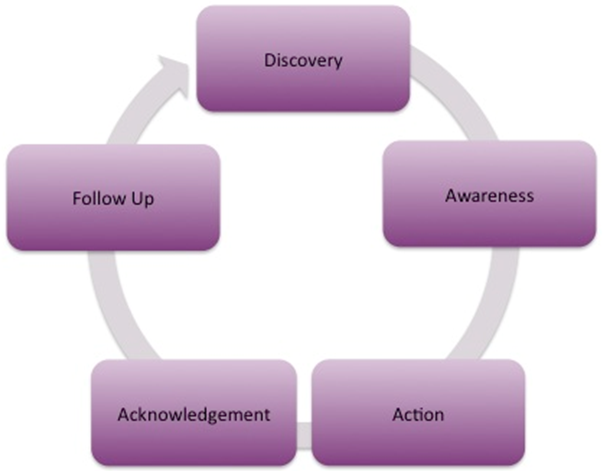A Coaching Model Created by Monica Chiang
(Teen Coaching, CANADA)
The D.S.A.A.F Model is a process in which the client is taken through during their coaching experience.
We all have dreams, dreams that start from childhood. Somewhere along the path of life those dreams diminish and sometimes disappear. As a coach, I help my clients determine what is blocking them from achieving their dreams. This is accomplished by determining the clients underlying beliefs. I do this by asking powerful questions and providing them with a different kind of perspective. At the end of this process my client then has the ability and confidence they need to achieve their dream and attain their goals.
Throughout the coaching relationship visualization techniques are used with the client. Visualization allows for the client to be in a meditative space. Visualization is a powerful tool for helping the client identify their values, vision and life’s purpose.
Discovery:
The discovery phase allows the client to discuss who they really are, what they are passionate about, and what they want out of life.
Topics include:
- Who are you?
- What is your dream?
- What are your short term and long term goals
- What is your purpose in life?
- What do you want in life?
- What are you passionate about?
- What are your strengths?
Awareness:
In my view, the awareness stage is one of the most important stages. This stage will allow the client to get clarity of their beliefs, values, weaknesses and anything else that may be holding them back. This is a stage of self-reflection. The client takes a step back to really look at how they are showing up in their life. Once they have identified key issues and have become aware of their emotions and actions, they then may move forward.
Topics include:
- What are your values?
- What are your beliefs?
- Where do your core values and beliefs stem from?
- How are you showing up in your life?
- What is stopping you from getting what you want?
Action:
After the awareness stage, the client becomes confident in achieving their goals. The client has a clear vision of their goals and how they will attain those goals. The client is clear about their intent and designs a structured action plan.
Topics include:
- How will you achieve your goals?
- What is the step-by-step process?
- How much time do you need for this goal?
- What are some roadblocks you may face along the way?
- How will those roadblocks be handled?
- How will you celebrate your achievements?
- Who and what are they using as leverage?
Acknowledgement:
This is the time when the coach acknowledges the client for accomplishing his/her goals. The client also self reflects on his/her journey, the roadblocks they faced, and the obstacles they have overcome.
Topics include:
- What obstacles did you face?
- How does it feel to achieve your goals?
- How will you celebrate your accomplishments?
- How have you or how will you acknowledge yourself?
- Coach asks for feedback.
Follow up:
The follow up stage is done after the coaching interaction with the client. The coach will make an appointment for a follow up date to review the client’s situation. The client determines if the goals need to be revised or adjusted in any way. This stage is an on going process.
Topics Include:
- Have your goals been completed?
- Have your goals changed?
- Do your goals need to be revised?
- Coach continues to encourage, acknowledge and support the client.
- Coach holds the client accountable.
